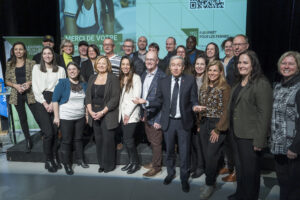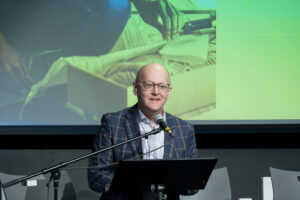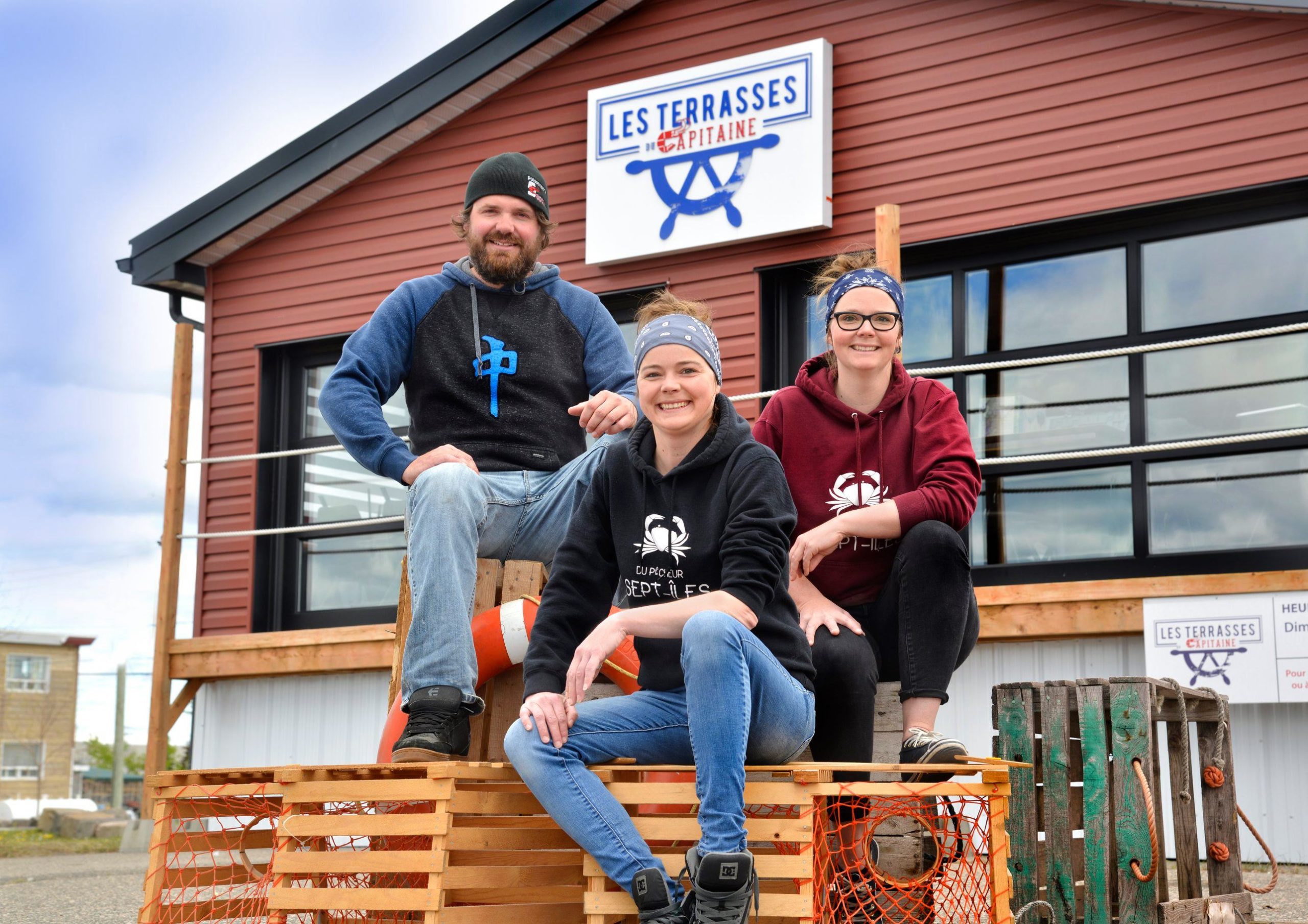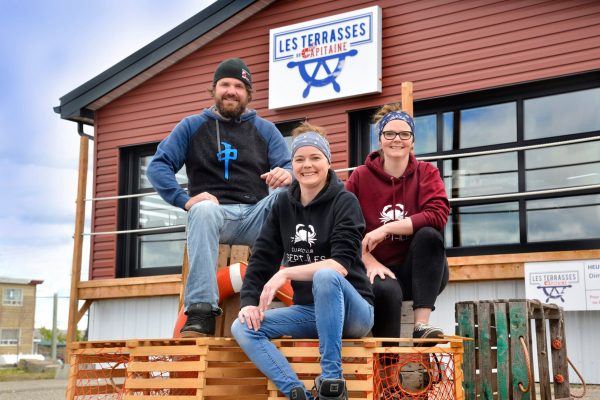NEW APPOINTMENTS AT THE RÉSEAU DES SADC ET CAE
Board of Administrators is proud to announce the appointment of Pascal Harvey as president-general director and Pierre-Olivier Colas as assistant general director. These appointments are in line with governance changes aiming to put new wind in the sails of our network and ensure its position in Quebec’s economic development ecosystem.
“I would like to congratulate Pascal and Pierre-Olivier on their new positions,” said Vallier Daigle, President of the Board of Administrators. “As the Réseau’s general director for the past three years, Pascal has been an inspiring leader, rallying both our members and our board behind him. Pierre-Olivier has also been instrumental in the Réseau’s development, particularly by implementing major programs to address a range of economic challenges, such as sustainable development and the digital shift, and by catalyzing the development of partnerships and impactful programs.”
The Réseau des SADC et CAE is a highly active organization with a solid team, which is set to grow over the next few weeks. New positions are opening up to help support both our internal objectives and the needs of our external clients, entrepreneurs and partners. We are also lucky to count on the work, knowledge and dedication of the 400 professionals and 600 volunteers who drive our efforts and our mission: to be a central player in local economic development.
Pascal Harvey: President-General Director of the Réseau des SADC et CAE
In addition to his experience as Executive Director for the SADC de Charlevoix and in strategic positions in politics, Pascal is a seasoned communicator who has deftly thrown his leadership and public speaking skills behind our network. A passionate sports buff and sports writer on his own time, he understands team dynamics and knows how to guide a team to success.
“SADCs and CAEs exist to support the economy in Quebec regions,” said Pascal. “Our employees’ and volunteers’ collective intelligence, both at the Réseau itself and in all of our locations across Quebec, will make us ever more present and responsive to the needs of entrepreneurs and communities.”

Pierre-Olivier Colas: Assistant General Director
A rallying leader, Pierre-Olivier was a strategic planning consultant for businesses and economic development organizations for nearly 10 years before joining the Réseau in 2019. Over the past five years, he has harnessed his vast experience and strategic mind to successfully lead a great number of projects and support and mobilize SADCs and CAEs to embrace and leverage a renewed sense of vibrancy. His credentials include a master’s in management and a specialization in sustainable development.
“Over the past five years, I’ve been lucky enough to collaborate with all 67 SADCs and CAEs and work with the Réseau’s team to build powerful solutions to drive the economic vitality of our regions,” said Pierre-Olivier. “The Réseau’s potential is endless, and I am so proud to be part of it all.”

ABOUT THE RÉSEAU DES SADC ET CAE
The 57 SADCs (Sociétés d’aide au développement des collectivités) and 10 CAEs (Centres d’aide aux entreprises) have been working in community economic development for more than 40 years. The Réseau des SADC et CAE is made up of more than 1,000 professionals and volunteers who support and provide funding to more than 10,000 entrepreneurs and 1,500 local economic development projects every year. SADCs and CAEs offer entrepreneurs personalized, sustained support and flexible financing products that are tailored to their needs.
SADCs and CAEs receive financial support from Canada Economic Development for Quebec Regions.
Follow the Réseau on Facebook.
INFORMATION
Christine Pilote, Director, Communications | Phone: 581-999-6363 | cpilote@sadc-cae.ca










